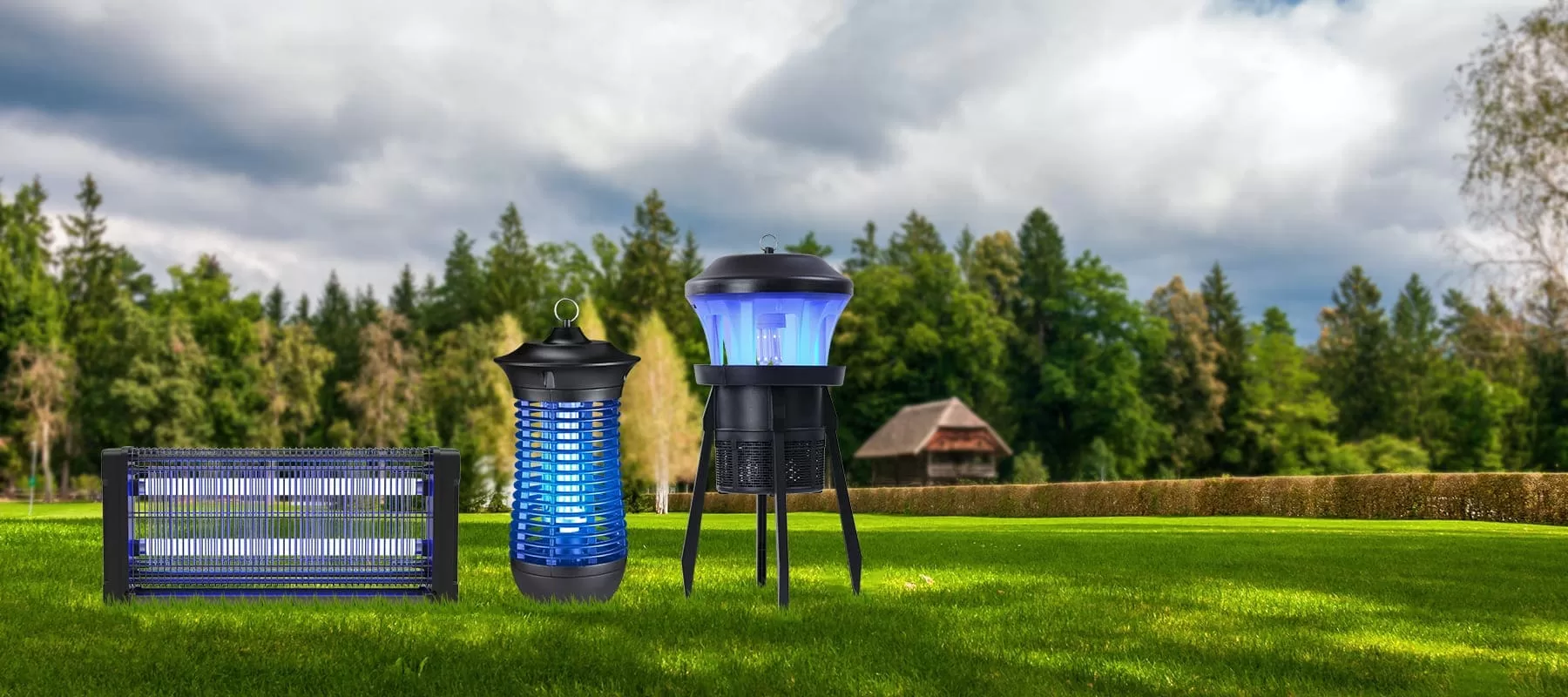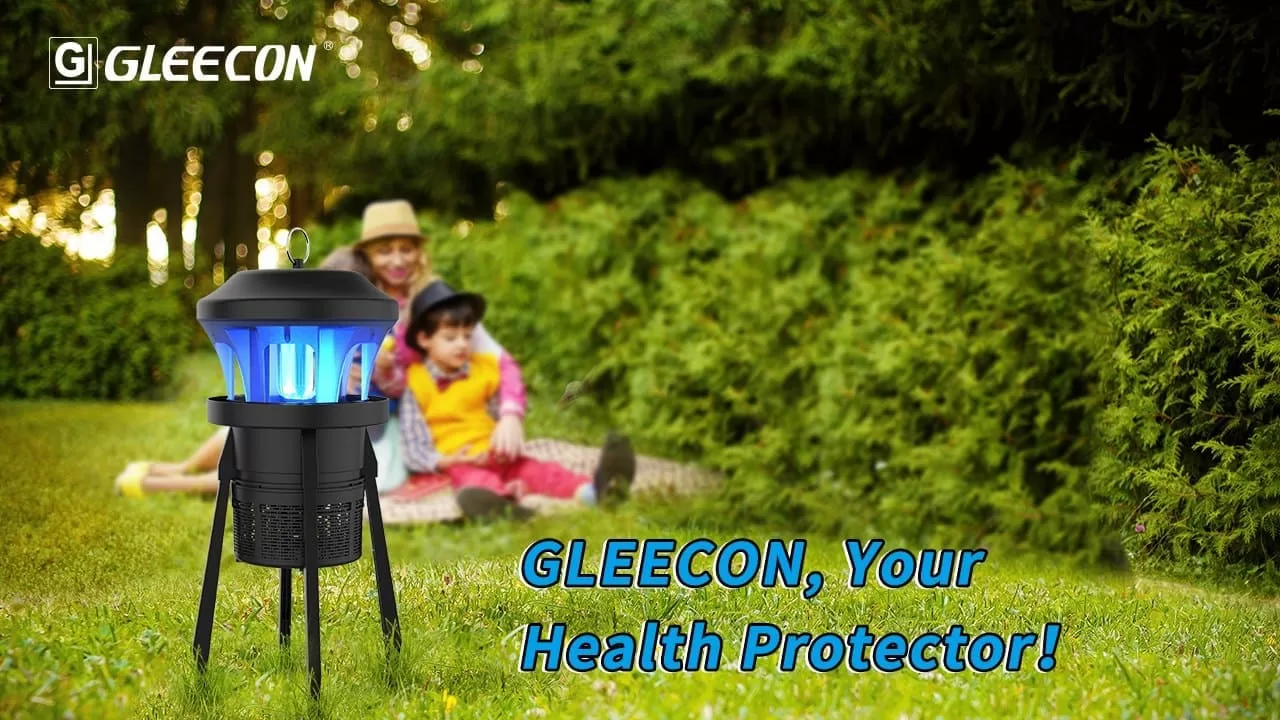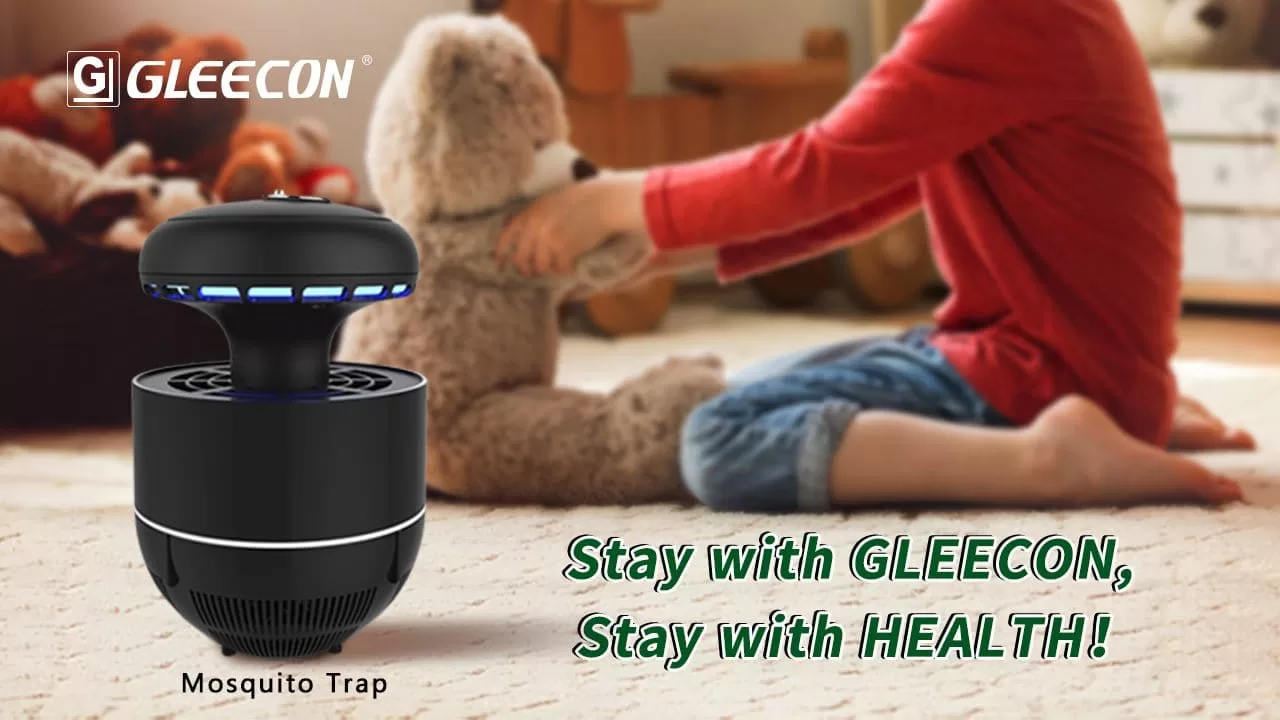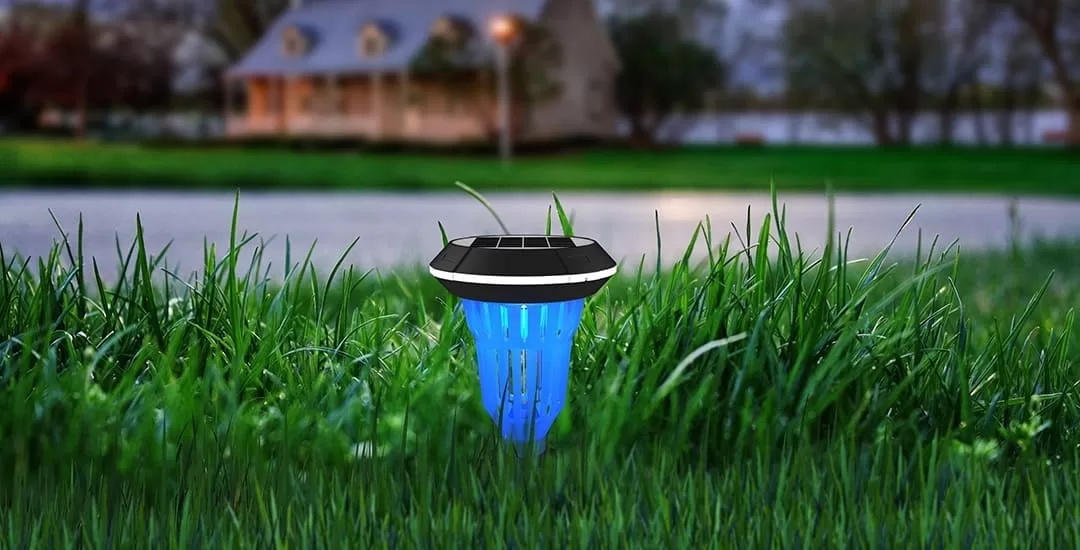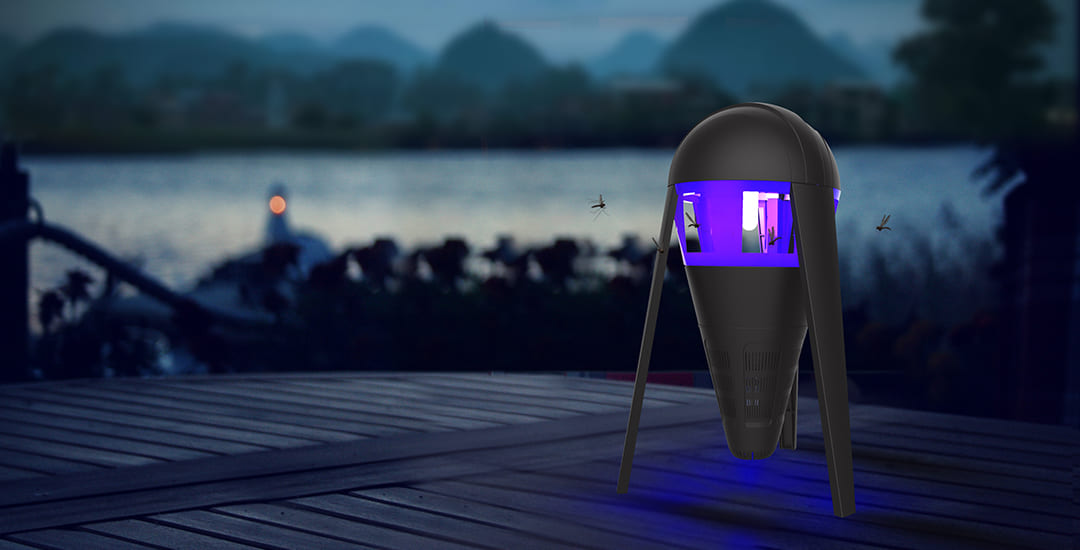Introduction:
Mosquito-borne diseases pose a significant threat to public health worldwide, with millions of people affected each year. In the battle against these diseases, various methods of mosquito control have been implemented, and UV light mosquito killers have emerged as effective tools in preventing the spread of mosquito-borne illnesses. In this blog, we will explore how UV light mosquito killers contribute to mosquito-borne disease prevention.

Mosquito-Borne Diseases: A Major Threat
Mosquitoes are capable of transmitting a wide range of diseases, including malaria, dengue fever, Zika virus, West Nile virus, and chikungunya. These illnesses can cause severe symptoms, disabilities, and in some cases, even death. Prevention strategies play a vital role in reducing the burden of these diseases, and UV light mosquito killers have proven to be valuable assets.
https://www.who.int/news-room/fact-sheets/detail/dengue-and-severe-dengue
Dengue (break-bone fever) is a viral infection that spreads from mosquitoes to people. It is more common in tropical and subtropical climates.
Most people who get dengue won’t have symptoms. But for those that do, the most common symptoms are high fever, headache, body aches, nausea and rash. Most will also get better in 1–2 weeks. Some people develop severe dengue and need care in a hospital.
In severe cases, dengue can be fatal.
You can lower your risk of dengue by avoiding mosquito bites especially during the day.
Dengue is treated with pain medicine as there is no specific treatment currently.
The Role of UV Light Mosquito Killers in Disease Prevention:
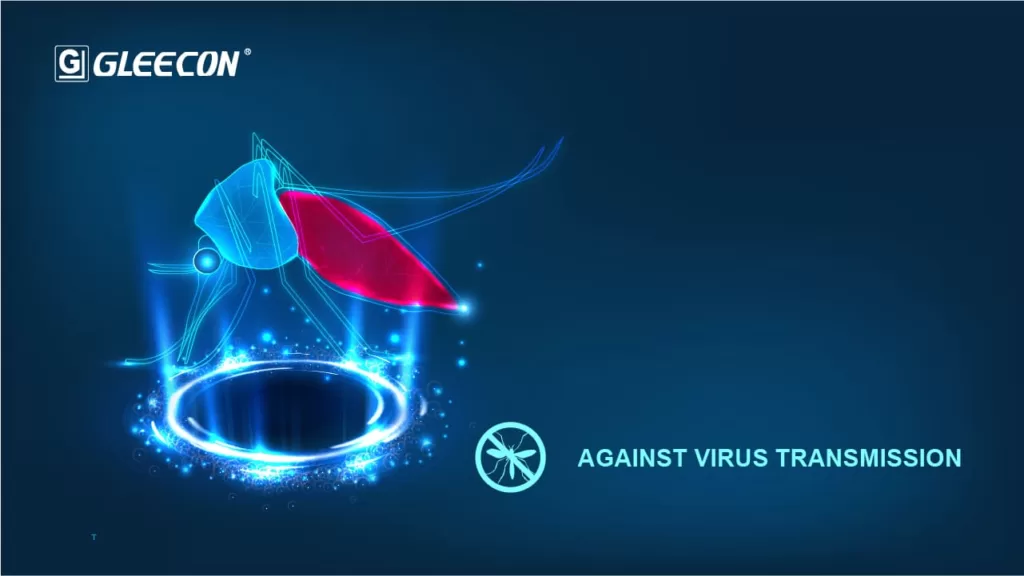
- Mosquito Control: UV light mosquito killers are designed to attract and capture mosquitoes. By selectively targeting mosquitoes, these devices reduce their population density in a given area. This lowers the risk of mosquito-borne diseases by minimizing the chances of a mosquito coming into contact with an infected individual and subsequently transmitting the disease.
- Interrupting Mosquito Reproduction Cycle: Female mosquitoes require a blood meal to reproduce, and by eradicating them, UV light mosquito killers can break the cycle of mosquito reproduction. As a result, fewer mosquitoes survive to lay eggs, leading to a decline in the overall mosquito population, and thereby reducing the risk of mosquito-borne diseases.
- Non-Chemical Approach: UV light mosquito killers provide an alternative to chemical-based mosquito control methods. While chemical insecticides can be effective, they may have adverse effects on human health and the environment. UV light mosquito killers offer a safe, non-toxic method of controlling mosquito populations without the use of harmful chemicals, making them an appealing option for disease prevention.
- Indoor Protection: In many regions, mosquitoes are active both indoors and outdoors. UV light mosquito killers can be particularly effective indoors, providing an additional layer of protection against mosquito-borne diseases. By placing these devices strategically in living areas or bedrooms, they can help create mosquito-free zones where residents can seek refuge from disease-carrying mosquitoes.
- Community Health Impact: The widespread use of UV light mosquito killers in communities can have a collective impact on disease prevention. By reducing the number of mosquitoes in an area, the likelihood of transmission of mosquito-borne diseases decreases, benefiting the entire community and contributing to better overall public health.
Conclusion:
UV light mosquito killers have demonstrated their effectiveness in preventing the spread of mosquito-borne diseases. By targeting mosquitoes while minimizing risks to human health and the environment, these devices contribute to mosquito control efforts, interrupt the mosquito reproduction cycle, and provide safe and non-toxic alternatives to chemical insecticides. Embracing UV light mosquito killers as part of comprehensive mosquito control strategies can help reduce the burden of mosquito-borne diseases and create healthier and safer environments for communities worldwide.

